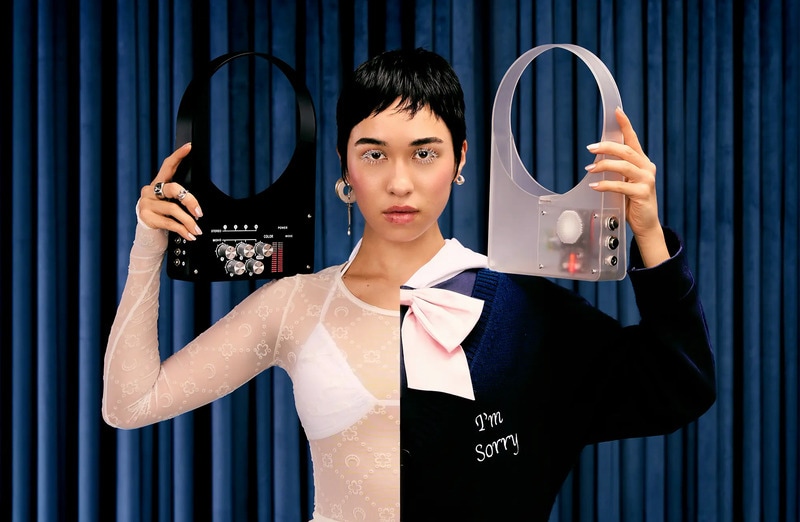Answer to a written question - The recent annulment of the presidential election in Romania - E-000147/2025(ASW)
Democracy is a founding value of the EU. The essence of democracy is that citizens can freely express their views and participate in democratic life, choose their political representatives, and have a say in their future.
Freedom of expression and freedom of information are both enshrined in the EU Charter of Fundamental Rights[1] and respected across EU legislation.
EU law and policies do not aim to regulate the content of messages. On the contrary, they promote transparent access to an open democratic space.
As long as legal boundaries are respected (such as respect for hate speech prohibitions and national defamation rules), citizens and political actors should be able to express themselves freely.
Citizens have a right to seek and receive information and should be able to form their own opinions in a public space where a plurality of views can be expressed, where they have a right to disagree and where they can take part in elections which are free from interference, whether foreign or domestic.
Foreign interference in the context of elections and democratic debate happens when a foreign state or foreign actor undertakes or triggers a covert operation, directly or through proxies, which aims to harm the integrity of the democratic debate, institutions or processes.
Last updated: 3 July 2025









